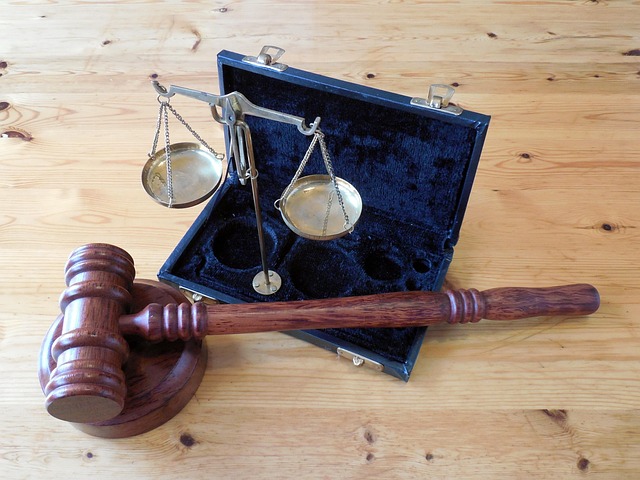Consumer Protection Laws safeguard rights and promote fair business practices. Understanding these laws empowers consumers to protect themselves by recognizing their rights and filing complaints for violations like misrepresentations or fraud. Businesses use them as a framework for white-collar defense. Gathering evidence, including documents and witness statements, is vital when filing an employment law complaint or navigating complex legal strategies in white-collar cases.
Consumer protection suits are a crucial mechanism to ensure fair practices in the market. When businesses violate these laws, individuals can take legal action to protect their rights. This article guides you through the essential steps—from understanding consumer protection regulations to navigating the legal process and gathering evidence—to file a strong complaint. By following these steps, you can effectively assert your rights and contribute to a more transparent business environment. Learn how to transform your knowledge into action with concrete strategies for filing an employment law complaint.
- Understanding Consumer Protection Laws
- Gathering Evidence for Your Case
- Navigating the Legal Process to File
Understanding Consumer Protection Laws

Consumer Protection Laws are a crucial set of regulations designed to safeguard the rights of consumers and ensure fair business practices. These laws cover a wide range of issues, including product safety, advertising integrity, and debt collection fairness. Understanding these laws is essential for both consumers and businesses alike. Consumers can protect themselves by being aware of their rights and knowing the steps to file an employment law complaint or any other consumer-related issue.
The process typically involves several key stages across the country, from identifying the violation to engaging with regulatory bodies or legal professionals. In terms of white collar defense, these laws provide a framework for addressing complex cases involving fraud, misrepresentations, and unfair business tactics. Throughout all stages of the investigative and enforcement process, consumers have recourse to protect their interests and ensure businesses adhere to ethical standards.
Gathering Evidence for Your Case

When building a strong case for consumer protection suits, evidence is key. The first steps to file an employment law complaint involve meticulously gathering relevant documentation and records. This includes contracts, financial documents, communication logs, and any other materials that highlight unfair practices or violations of consumer rights. By organizing this evidence, you can effectively narrate the sequence of events leading up to the legal dispute.
Additionally, consider seeking statements from witnesses or affected consumers who have experienced similar issues. These personal accounts can add weight to your case, especially when presenting a pattern of deceptive or harmful conduct across the country. In cases involving white-collar defense, where complex financial and legal strategies are employed, it’s crucial to engage professionals who understand the nuances of such lawsuits to ensure a complete dismissal of all charges.
Navigating the Legal Process to File

Navigating the legal process to file a consumer protection suit can seem daunting, but understanding the steps is key to ensuring your claim’s success. The initial stage involves gathering all relevant documents and evidence related to the alleged violation. This includes contracts, correspondence, receipts, or any other materials that highlight the unethical practices of the business in question. Once prepared, you’ll need to research and identify the appropriate legal authority or agency responsible for handling such cases in your jurisdiction.
The process then proceeds with filing a formal complaint, which outlines the consumer’s rights, the nature of the violation, and the desired resolution. This document initiates the all stages of the investigative and enforcement process. It’s crucial to present your case clearly and concisely, detailing how the business or individual has breached consumer protection laws. From here, the white collar defense team will conduct thorough investigations, interviewing witnesses, and gathering additional evidence to build a strong legal strategy for their clients.
Protecting consumers is a multifaceted process, and navigating consumer protection suits requires a comprehensive understanding of legal procedures. By following the steps outlined in this article—from grasping fundamental laws to gathering evidence and filing your case—you can ensure a strong foundation for your claim. Remember that each step in the legal process is crucial, and seeking professional guidance can significantly enhance your chances of success when it comes to Steps to File an Employment Law Complaint.






